|
Fake food is everywhere. Food fraud is big and becomes a pandemic. Authorities are understaffed and are unable to do full inspection and testing. Hundreds of food items enter ports in Europe with some of them being banned, other contaminated
Fake food is everywhere starting from planted based trying to imitate meat products food to mislabelled food to contaminated food with pesticides, genetically modified ingredients, and heavy metals. German authorities have discovered rice noodles with genetically modified rice various times this year and last year, meaning that gm ingredients are already on our plate. A company called SOP selling to caterers a product with the title vegetable oil in 20L drums but actually this vegetable oil is genetically modified soybean oil. Thousands of take away shops use this genetically modified soybean oil to fry food everyday. Turkey exports fruits everyday to various countries in Europe and on RASFF one will see that fruits are all contaminated with toxic pesticides. Rice crop harvest suffers from decline in Europe and the new genetically modified rice crops are approved and ready to enter Europe and UK. Climate change is used as an excuse for introducing the genetically modified crops. Inspection authorities indirectly and directly are losing staff, less and less people work in the inspection authorities. Honey is sold in the UK supermarkets for £3 a kilo. All the samples of honey analysed from supermarkets in the UK are fake honey. Authorities pusblished a recent survey about the food fraud but they failed to include honey in the testing regime. This is serious concern. A quick view on RASFF window shows that 9 in 50 foods are contaminated with pesticides, heavy metals, PAH and various other toxic compounds.
We keep saying that the food is deteriorating as EU and UK have loosened the safety standards across the supply chain. According to Obloni, J. Nyarko Food Fraud in the EU: Analysis of Reports in the Rapid Alert System for Food and Feed, https://thesis.unipd.it/handle/20.500.12608/51738, ''the United Kingdom emerged as a focal point with 31.8% of all food fraud notifications, followed by Italy (9.0%). China and India were identified as the predominant origins of food fraud, constituting 16.94% and 11.96% of the reported cases, respectively'' 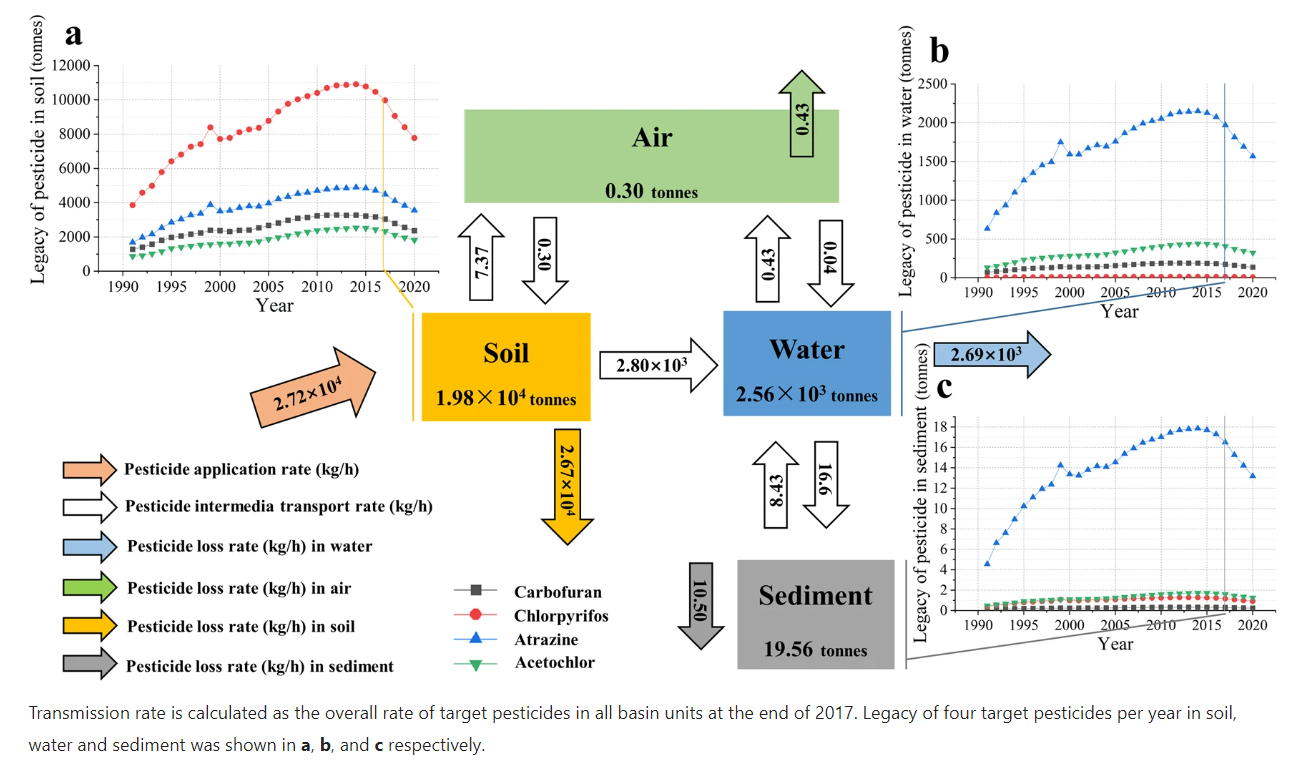 https://www.nature.com/articles/s41545-022-00202-0/figures/1 https://www.nature.com/articles/s41545-022-00202-0/figures/1 Nitrogen fertilizer is well known agriculture chemical and with huge negative environmental impact. To produce one kilogram of pesticide requires 10 times more energy usage than 1 Kg of nitrogen fertilizer. This energy is produced from either nuclear energy, or the so called non-renewable sources as such as wind turbine and water movement. According to Grist article, sulfuryl fluoride, a fumigant, a very toxic gas, used to control a wide variety of pests, including termites, powder post beetles, old house borers, bedbugs, carpet beetles, moths, cockroaches, rats and mice are themselves greenhouse gases: emitting one ton of sulfuryl fluoride is the equivalent of emitting nearly 5,000 tons of CO2, let alone all the other gases emitted in the atmosphere such as NOx, CO, Polycyclic aromatic Hydrocarbons, and the toxic solid left from its production. California uses nearly 20 percent of the pesticides applied annually across the United States. According PAN UK: ''The harmful effects of pesticides on soil organisms ranged from molecular to community levels, including impacts on mortality, reproductive function, richness and diversity, abundance, behaviours like feeding, burrowing, and decomposition, growth, biochemical biomarkers, and body structure.'' (*5) What does China use? ''China has just 7% of the world's arable land, but uses up to one third of global consumption of chemical fertiliser. And this usage per unit is 2.7 times higher than the world average (China Energy News)*1 ''About 1.77 million tonnes of agricultural pesticides were applied in China, constituting about 42% of the total use globally in 2019'' (*4) ''High levels of chemical pesticides and fertilisers are used to produce crops on China's small, heavily-exploited plots, but overuse can degrade the soil and pollute water, while improper use can cause contamination and hurt biodiversity'' 1 ''It has been reported that more than 150 million miles of China’s farmland are contaminated. Since the discovery of dichloro-diphenyl-trichloroethane (DDT) and hexachlorocyclohexane (BHC), their excessive and persistent application has led to severe environmental pollution and human health risks'' *3 Below a few pesticides are quoted for the serious health effects on humans (*3): -Cyfluthrin is in a group of man-made insecticides and is widely used in homes, outdoors, and in agriculture to effectively control phytophagous insect pests. β-Cyfluthrin induces acute arrhythmic cardiotoxicity through interaction with NaV1.5, and ranolazine reverses the phenotype. - Fomesafen is an organic compound used as a herbicide. Water-solubility of fomesafen leads to a potential risk to groundwater, and it has been reported that the death of fish is related to fomesafen. - Pyraclostrobin is an agricultural pesticide product used to kill most fungi, including blights, mildews, molds, and rusts, and has characterized lethal toxicity Source: 1 https://www.reuters.com/world/china/china-eyes-10-cut-pesticide-use-fruit-vegetables-by-2025-2022-12-01 2 https://grist.org/agriculture/a-new-report-says-pesticides-intensify-climate-change/ 3 https://www.frontiersin.org/articles/10.3389/fpls.2022.942117/full 4 https://www.nature.com/articles/s41545-022-00202-0 5 https://www.pan-uk.org/the-impacts-of-pesticides-on-soil-invertebrates We have warned the public before with an article from Indepedent Media Institute with the title Can Eating Organic Help Prevent Parkinson’s Disease? Now we see the matter coming back again from the mainstream published Media: For decades, Swiss chemical giant Syngenta has manufactured and marketed a widely used weed-killing chemical called paraquat, and for much of that time the company has been dealing with external concerns that long-term exposure to the chemical may be a cause of the incurable brain ailment known as Parkinson’s disease.Syngenta has repeatedly told customers and regulators that scientific research does not prove a connection between its weedkiller and the disease, insisting that the chemical does not readily cross the blood-brain barrier, and does not affect brain cells in ways that cause Parkinson’s. But a cache of internal corporate documents dating back to the 1950s reviewed by the Guardian suggests that the public narrative put forward by Syngenta and the corporate entities that preceded it has at times contradicted the company’s own research and knowledge. And though the documents reviewed do not show that Syngenta’s scientists and executives accepted and believed that paraquat can cause Parkinson’s, they do show a corporate focus on strategies to protect product sales, refute external scientific research and influence regulators. In one defensive tactic, the documents indicate that the company worked behind the scenes to try to keep a highly regarded scientist from sitting on an advisory panel for the US Environmental Protection Agency (EPA). The agency is the chief US regulator for paraquat and other pesticides. Company officials wanted to make sure the efforts could not be traced back to Syngenta, the documents show. And the documents show that insiders feared they could face legal liability for long-term, chronic effects of paraquat as long ago as 1975. One company scientist called the situation “a quite terrible problem” for which “some plan could be made … ” That prediction of legal consequences has come to pass. Thousands of people who allege they developed Parkinson’s because of long-term chronic effects of paraquat exposure are now suing Syngenta. Along with Syngenta, they are also suing Chevron USA, the successor to a company that distributed paraquat in the US until 1986. Both companies deny any liability and maintain that scientific evidence does not support a causal link between paraquat and Parkinson’s disease. “Recent thorough reviews performed by the most advanced and science-based regulatory authorities, including the United States and Australia, continue to support the view that paraquat is safe,” Syngenta said in a statement to the Guardian. During the years Chevron USA’s predecessor sold paraquat, “it regularly reviewed and considered scientific studies regarding the safety of its products, including paraquat,” Chevron USA said in a statement to the Guardian, adding that none of the studies reviewed “showed a causal link between paraquat and Parkinson’s disease”. Chevron USA said the company “does not believe that [its former subsidiary that sold paraquat] had any role in causing the plaintiffs’ illnesses and will vigorously defend against the allegations in the lawsuits”. As part of a court-ordered disclosure in the litigation, the companies provided plaintiffs’ lawyers with decades of internal records, including hand-written and typed memos, internal presentations, and emails to and from scientists, lawyers and company officials around the world. And though the files have not yet been made public through the court system, the Guardian has reviewed hundreds of pages of these documents in a reporting collaboration with the New Lede. Among the revelations from the documents: scientists with Syngenta predecessor Imperial Chemical Industries (ICI) and Chevron Chemical were aware in the 1960s and 70s of mounting evidence showing paraquat could accumulate in the human brain. When Syngenta’s own internal research showed adverse effects of paraquat on brain tissue, the company withheld that information from regulators while downplaying the validity of similar findings being reported by independent scientists. In addition, the records show company scientists were aware of evidence that exposure to paraquat could impair the central nervous system (CNS), triggering tremors and other symptoms in experimental animals similar to those suffered by people with Parkinson’s. A 1975 Chevron communication speaks of concerns about allegations of “permanent CNS effects from paraquat”. And as independent researchers continued to find more and more evidence that paraquat may cause Parkinson’s, the documents describe what Syngenta called an “influencing” strategy “that proactively diffuses [sic] the potential threats that we face” and seeks to “maintain and safeguard paraquat registrations”, referring to their regulatory approvals. The strategy “must consider how best to influence academia, and regulatory and NGO environments”. A Syngenta “regulatory strategy” document from 2003 refers to paraquat as a “‘blockbuster’ product” that must be “vigorously” defended to protect more than $400m in projected annual global sales. Ensuring what Syngenta called its “freedom to sell” paraquat was a top priority, the internal records show. Syngenta also created a website the company used to publicly dismiss concerns about links between paraquat and Parkinson’s disease and provide positive product messaging. On that website, the company asserted that paraquat did not readily cross the blood-brain barrier, even when the company had evidence from animal and human data that paraquat accumulated in brain tissue. The company no longer uses that language on its website. “It is highly unethical for a company not to reveal data they have that could indicate that their product is more toxic than had been believed,” said Bruce Blumberg, professor of developmental and cell biology at the University of California, Irvine, speaking generally about corporate conduct. “[These companies are] trying to maximize profits and they jeopardize public health, and it shouldn’t be allowed. That is the scandal.” ‘A unique herbicide’Paraquat is one of the most widely used weed killing chemicals in the world, competing with herbicides such as glyphosate, the active ingredient in Monsanto’s Roundup brand for use in agriculture. Farmers use it to control weeds before planting their crops and to dry out crops for harvest. In the United States, the chemical is used in orchards, wheat fields, pastures where livestock graze, cotton fields and elsewhere. As weeds have become more resistant to glyphosate, paraquat popularity has surged. AdvertisementIt is used on approximately 15m acres of US farmland. US government data shows that the amount of paraquat used in the United States has more than tripled between 1992 and 2018. On the Syngenta-run Paraquat Information Center website, the chemical is described as “a unique herbicide” that “can deliver safe, effective weed control, generating social and economic benefits, while protecting the land for future generations”. Paraquat has been the subject of more than 1,200 safety studies submitted to, and reviewed by, regulatory authorities around the world, according to Syngenta. Though it is widely used, paraquat has long been known to be dangerous to ingest – a tiny swallow of the chemical can kill a person within days. Scores of people around the world have died from ingesting paraquat either intentionally or accidentally. The EPA restricts use only to people certified to apply it. It is not sold to consumers, and paraquat warning labels carry the symbol of death – a skull and crossbones. Syngenta maintains on its website that if users follow directions and wear proper protective clothing, including gloves and boots, “there is no risk to human safety”. Paraquat is “not a neurotoxicity hazard,” and “does not cause Parkinson’s disease”, the company states. Despite the company’s claims, dozens of countries have banned paraquat, both because of the acute dangers and mounting evidence of links to health risks such as Parkinson’s from chronic, long-term exposure. Syngenta currently sells paraquat products in more than two dozen countries, from Australia to Uruguay. AdvertisementParaquat was banned in the European Union in 2007 after a court found that regulators did not thoroughly assess safety concerns, including scientific evidence connecting Parkinson’s to paraquat. It is also banned in the UK, although it is manufactured there. The chemical was banned in Switzerland, Syngenta’s home country, in 1989. And it is banned in China, the home base for ChemChina, which purchased Syngenta five years ago. In the US, the EPA has largely agreed with Syngenta and other chemical companies that say paraquat can be safely used. Last year, the EPA said it would continue to allow farmers to use paraquat, including spraying it across fields from small airplanes. A ‘Parkinson’s pandemic’Concerns about possible ties between paraquat and Parkinson’s disease have grown as the spread of Parkinson’s has accelerated; the disease is now considered one of the world’s fastest-growing neurological disorders. Prevalence of Parkinson’s more than doubled from 1990 to 2015 and is expected to continue to expand rapidly, impacting millions of people around the world. Along with paraquat, toxins in air pollution and other pesticides, and to a smaller extent genetic factors, also are considered by many researchers as risk factors for the disease. Roughly 60,000 Americans are diagnosed each year with Parkinson’s, and in recent years it has been ranked among the top 15 causes of death in the United States, according to the Centers for Disease Control and Prevention. Moreover, the death rate from Parkinson’s has climbed more than 60% in the United States over the past two decades, according to research published last year. It is considered the fastest-growing neurological disease in the world. As a disease of the central nervous system, common Parkinson’s symptoms include tremors, or a rhythmic shaking in arms and legs, stiffness and rigidity of the muscles, a loss of balance and coordination, and difficulty speaking. Parkinson’s symptoms develop when dopamine-producing neurons in a specific area of the brain called the substantia nigra are lost or otherwise degenerate. Without sufficient dopamine production, the brain is not capable of transmitting signals between cells to control movement and balance “The Parkinson’s pandemic has exacted an enormous toll on tens of millions of individuals who bear the brunt of the disease,” Ray Dorsey, a neurologist at the University of Rochester Center for Health + Technology in New York, wrote in a 2020 book about the rise of the disease. Dorsey is one of a number of leading scientists from around the world who say research clearly shows paraquat exposure can cause Parkinson’s disease. “Paraquat is considered the most toxic herbicide ever created,” Dorsey said in an interview. Syngenta said the weight of evidence actually shows that paraquat does not cause Parkinson’s and said a 2021 study co-authored by its chief medical office backs that position. The company also pointed to a 2020 update to the US Agricultural Health Study (AHS) as supporting its position. (The 2020 AHS looked at a much larger group of people than prior AHS research has linked paraquat to Parkinson’s, however.) “There is no properly designed epidemiological study that shows a link between paraquat and Parkinson’s disease,” the company said in a statement. “To this day, and despite hundreds of studies being conducted in the past 20 or so years, a causal link between Paraquat and Parkinson’s disease has not been established,” Chevron USA said in a statement to the Guardian. Source: Guardian and US news Organic Oregano
£3.40
Organic Oregano,
Organic certified oregano handpicked from island areas of Western Greece Origin: Greece Buy it now from Organic ekiosk site From providing drinking water to leaving grass to grow: here are eight easy ways to help wildlife this summer. Many of us are aware that wildlife needs extra help to survive during the cold winter months – but lots of creatures also need a helping hand when the weather's hot and sunny. So how can we help wildlife in summer? Here are 8 easy actions! #1 Give birds a drink If you only do one thing, providing water for the wildlife in your garden should be it. In a hot summer, water is as essential for birds as it is for us. During prolonged periods of dry weather, fresh drinking water is harder for birds to find, as natural sources such as streams and ponds may dry up. Bathing is important for birds too, to remove dirt and grit and keep their feathers in tip-top condition. If you don't have a pond (more about ponds in a minute), the birds in your garden will really appreciate a birdbath. Most purpose-built birdbaths are designed with a shallow basin that gradually deepens – this will attract a variety of birds, as different birds like different depths of water to bathe in. It doesn't have to be a fancy birdbath, though – any shallow dish or container will do the same job. Try putting water out in a plant pot saucer or even an old frying pan! If the container has very smooth sides, smaller birds may not be able to grip onto it and may fall into the deeper water – putting some gravel or small pebbles in the container will help prevent this. #2 Top up garden ponds If you have a garden pond, then you're already providing a great source of drinking and bathing water for birds – as well as for small mammals. Ponds also offer a habitat for many invertebrates, such as dragonflies and damselflies. Be sure to check the water level in your pond regularly, as shallow ponds in sunny positions can dry up, leaving pond creatures stranded. If you have access to rainwater from a water butt it's best to use this to top up the pond, as this maintains the correct ecological conditions. But tap water is better than nothing if that's all you have – just top up little and often to avoid altering the water quality too much. If your pond is deep, make sure there's a gently sloping access and exit point for small animals – a few strategically placed stones can help. Although hedgehogs can swim a little, they may drown if they become trapped in a steep-sided pond or trough. #3 Make a bee bowl It's not just birds that need a drink. Bees need water too. Many natural sources are too deep or fast-flowing for bees, and they can they drown in water bowls and birdbaths. So why not make a bee bowl? Find or buy a shallow container – a terracotta saucer from the garden centre works well – and fill it with small pebbles or marbles. Then fill with water, making sure that plenty of pebbles stand out of the water, to give the bees something to land on. You'll need to top up birdbaths and bee bowls every day with fresh water – and birdbaths may need cleaning with hot soapy water if droppings accumulate. #4 Grow nectar-rich plants for butterflies Butterflies are in trouble: of the 57 species monitored by the UK Butterfly Monitoring Scheme, 35 have declined in the past 40 years. This year is the 50th anniversary of wildlife charity Butterfly Conservation, so it's a good time to think about how we can help the butterflies that visit our gardens – and how to help prevent any further declines. Habitat loss is one contributing factor, so butterfly-friendly gardens are vital. And if you want a summer garden full of butterflies there are lots of plants that will attract them. Chose a sunny, sheltered spot for your nectar-rich garden – and avoid frilly, double flowers, which contain little nectar and pollen and are hard for bees and butterflies to get in and out of. Buddleia is one of the best plants to grow for butterflies. Also known as the 'butterfly bush', it is easy to grow, as it will thrive in almost any soil or situation. Other great plants for attracting butterflies include scabious, lavender, marjoram and verbena bonariensis. Also include some plants that flower later in the year, such as sedums and Michaelmas daisies – this will give hibernating butterflies the energy boost they need to get them through the colder months. # 5 Grow plants for caterpillars It's not just the adult butterflies that need to eat – caterpillars need nutrition too. So grow some butterfly larval food plants as well as nectar-rich blooms. One of the best caterpillar-friendly plants is the stinging nettle. Peacocks, red admirals, commas and tortoiseshells – not to mention many species of moth – will all lay their eggs on nettles. So if you have a patch of stinging nettles in your garden, try to avoid cutting them back. Garlic mustard – also known as Jack-by-the-hedge – is a favourite food of orange-tips, and painted ladies will lay eggs on thistles. #6 Leave windfall fruits in situ Leaving windfall apples and plums under the tree can provide a useful source of food for butterflies, bees and small mammals. Butterflies also love ripe bananas, so if you have an over-ripe banana in your fruit bowl, try putting it out for butterflies to feed on instead of throwing it away. You can just place it on the grass – or make a simple feeder by twisting thick wire into a spiral and suspending it from a tree. #7 Grow the grass long
Leaving a patch of unmown grass in a corner of the garden is a great way to help all kinds of wildlife. Bumblebees nest in long grass, and it gives small mammals, amphibians and invertebrates like butterflies a cool, shady place to hide and shelter. #8 …and say no to pesticides Avoid the use of pesticides, which kill butterflies and other pollinating insects, and also kill ground beetles, spiders and beneficial insects such as ladybirds. Source: http://littlegreenspace.org.uk/features/Helping-wildlife-in-summer.html A growing body of research suggests a connection between the pesticide paraquat and Parkinson’s disease. Agricultural workers in the United States currently use more than 400 different pesticides on their crops to ensure “higher yields and improved product quality.” These pesticides, however, threaten the health of people who work with them on farms or agricultural land and of those who live near these areas. Two of the most dangerous pesticides that are still in use in the U.S. are paraquat and rotenone. Exposure to these pesticides was found to lead to an increased risk of developing Parkinson’s disease, according to various studies. Paraquat was first commercially produced in 1961 and is used to destroy weeds and grasses resistant to glyphosate, another toxic pesticide sold across the country under the name Roundup. As for rotenone, it was formulated in 1895, but it was only during the last century that it started being employed on a large scale to get rid of unwanted herbs and pests. Paraquat is extremely dangerous and poisonous, and a single sip of this pesticide can immediately cause death. For this reason, it is a “restricted use pesticide,” which means that agricultural workers who intend to use it have to undergo special training before “mixing, loading, and/or applying paraquat.” During this special training, people who work with this pesticide are taught about the toxicity of paraquat, how to apply it safely to crops, and how to minimize exposure while working with it. However, even if paraquat is used correctly, it can still cause significant health risks for agricultural workers. When they take off their protective equipment, vapors of paraquat from the crops can easily travel with them to their farms or homes. And there is also the danger of workers unavoidably inhaling the pesticide. Paraquat can also infiltrate groundwater and soil, causing serious environmental damage. Why Do Authorities Still Allow the Use of Paraquat? Paraquat is applied to more than 100 crops throughout the country. Developing a pesticide as effective as paraquat is hard work. This is one of the reasons why the Environmental Protection Agency (EPA) continues to allow the use of paraquat in the United States. Presently, paraquat is banned in more than 50 countries, including China, the United Kingdom, Thailand and the European Union. Nevertheless, it remains one of the most widely used pesticides in developed countries like the United States and Australia. Unsettlingly, more than 8 million pounds of paraquat is used throughout the U.S. every year, according to a 2019 press release by the Center for Biological Diversity, with California ranking first as the state using the most pesticides in the U.S., according to the 2016 data provided by the U.S. Geological Survey (USGS), which was published by Priceonomics. California made up for more than 11 percent of all pesticides used nationally. The state “[used] nearly twice as much as the second-ranking state, Washington,” according to Priceonomics. Paraquat is still used on crops because it spares agricultural workers “arduous labor,” according to Syngenta, an agricultural company that produces paraquat. The pesticide also “[protects] against invasive weeds and [helps] produce agronomically important crops like soy, corn and cotton.” Given the popularity of the pesticide, paraquat can be found on the market under numerous brand names, including, Blanco, Gramoxone, Devour, Parazone and Helmquat. In 2019, the EPA stated in a draft report on paraquat that there is “insufficient evidence” to link the pesticide to human health concerns. As a result, the agency deemed paraquat safe for use in the United States as a “Restricted Use Product.” In 2019, Representative Nydia Velázquez (D-NY) introduced the Protect Against Paraquat Act, which seeks to prohibit the sale and use of paraquat in the country. There has, unfortunately, been no further substantial progress relating to the bill since then. As of early 2021, the EPA has been considering renewing its approval for paraquat. The agency is expected to make a decision on this issue by the end of 2022. In the meantime, the EPA advises people to take the following precautions until new regulations come into effect:
The Link Between Paraquat Exposure and Parkinson’s Disease Even though the EPA states there is insufficient evidence to support the link between paraquat exposure and Parkinson’s disease, numerous reputable medical studies beg to differ. For instance, according to a Farming and Movement Evaluation (FAME) study, which included 110 people who had developed Parkinson’s disease and 358 matched controls, there is a link between rotenone and paraquat and Parkinson’s disease. “People who used either pesticide developed Parkinson’s disease approximately 2.5 times more often than non-users,” stated a press release by the National Institutes of Health, one of the agencies that was involved with this study. Parkinson’s disease is a disorder affecting the brain “that leads to shaking, stiffness, difficulty with walking, balance, and coordination,” according to the National Institute on Aging. The symptoms “usually begin [appearing] gradually and get worse over time.” Regular exposure to paraquat is known to cause Parkinson’s disease by increasing the risk of developing the disease by a whopping 250 percent, according to a 2018 study by Canada’s University of Guelph. A medical study published in the American Journal of Epidemiology revealed that exposure to paraquat and another pesticide called maneb within 1,600 feet of a home heightened the risk of developing Parkinson’s disease by 75 percent. People heavily exposed to paraquat who are susceptible to developing Parkinson’s disease include agricultural workers, farmers, people working on animal farms, individuals who reside on farms, and people who live in a rural area and drink well water. Additionally, people working as chemical mixers and tank fillers are also at risk of developing Parkinson’s disease due to their contact with paraquat. Drinking well water from a location close to a crop to which paraquat has been applied can be dangerous because the pesticide can easily reach the groundwater. Those frequently exposed to paraquat-contaminated water are at risk for the gradual accumulation of the pesticide in their bodies, posing a health danger. When someone is exposed to paraquat, the pesticide tends to travel through the lungs or the stomach and eventually reaches a portion of the brain medically known as the substantia nigra region. This brain region is responsible for releasing dopamine, a crucial neurochemical that plays a significant role in how many systems of the central nervous system function—from movement control to cognitive executive functions. Once paraquat reaches the substantia nigra region, it depletes the neurons that produce dopamine, a process that is associated with Parkinson’s disease. The damage caused by paraquat to these neurons can ultimately result in the impairment of essential brain functions. The Future Is Organic Because fruits, vegetables and cereals harvested from organic crops have been treated with natural and synthetic pesticides, which are less likely to cause health problems, they are the perfect alternative to conventionally grown produce. Natural and synthetic pesticides are not as toxic as paraquat or glyphosate and include copper hydroxide, horticultural vinegar, corn gluten, neem and vitamin D3. Furthermore, organic products usually have more nutrients, such as antioxidants. People with allergies to foods, chemicals or preservatives can greatly benefit from such healthy food sources. They may even notice that their symptoms alleviate or go away when they eat exclusively organic food. However, the downside of organic food and growing organic crops is that they require more time, energy and financial resources. There is a greater labor input by farmers when it comes to organic crops, which makes these products more expensive. Another reason why organic food is pricier than conventionally grown produce is that organic agricultural farmers do not produce enough quantity of a single product to reduce the overall cost. The regular maintenance of organic crops is also time-consuming, as farmers have to be very careful with unconventional pesticides used to keep weeds, unwanted herbs and pests at bay during organic farming. Even so, eating organic is undoubtedly the future, as most nonorganic produce contains significant traces of toxic pesticides such as paraquat that inevitably accumulate in our bodies over time, being able to trigger severe diseases in the future. While eating organic food may be more expensive, it is wiser to invest in these products given the health benefits. However, it is true that the accessibility and affordability of healthy organic foods is a strong issue among the U.S. food system inequities. Nowadays, organic foods don’t necessarily come from small local farms. They are largely a product of big businesses, most of them being produced by multinational companies and sold in chain stores. These leading food and agriculture companies should invest more in the consumers’ well-being and offer nutritious food affordable to all communities. One solution would be the implementation of government schemes to promote organic farming and incentivize farmers to transition to organic agriculture. Instead of supporting factory farms, the government could support sustainable family farms, which often farm more ethically. It could lower healthy food costs and address the health crisis brought on by the mass consumption of unhealthy processed foods. Organic foods will not only lead to better health but will also discourage the practice of applying hazardous pesticides on conventionally grown crops, doing away with the health and environmental hazards involved in the process. Source: https://independentmediainstitute.org/efl-tat-20220215/
This article mentions the difference between certified organic food and conventional food. It is important to mention that the organic food mentioned on www.soilandsun.co.uk is a certified organic food. Organic certification involves application of strict standards and an annual audit from an indepedent auditing on the application of these standards. Failing to follow these standards, farmer or grower are not allowed to trade their product as organic in other words they lose their organic certification status which proves that the product made by them is not anymore organic. A. Organic food are Heathy Organic foods are free from:
Organic foods have different appearances This difference mainly apply to fruits and vegetables. As a consumer you will see fruits with smaller size, cracks or blemishes on the surface. They do not look super shiny and do not have perfect shape but they look imperfect and real. Organic farming is environment friendly and sustainable Due to absence of these toxic pesticides, heavy metals, GMO, herbicides, the organic farming practically conserves the quality of the soil and water. There are reports mentioning that there is a huge contamination of the rivers in Europe with pesticides and they had been used several years before their detection and remain there. The environmental pollution made by pesticides, heavy metals and GMO is non reversible. Organic farming practices are sustainable, as the farmers/growers will not push nature with all its elements animals and trees/plants to produce more especially when there is a bad harvest season. Animal manure or compost are used to feed the soil and weeds are managed by rotating crops. Natural on the food label does not mean organic Many processor use various words such as Natural or Sustainable on the food label to make the consumers think that their products are organic. These foods are not certified organic foods and are full of ingredients from conventional farming which uses all these toxic chemicals starting pesticides i.e round -up to GMO and insecticides and heavy metals. We have an obligation to inform all the consumers about the huge benefits of organic foods to our health and our planet air, soil and water. Sources:
1. Human health implications of organic food and organic agriculture: a comprehensive review Environmental Health volume 16, Article number: 111 (2017) 2. Livestock antibiotics and rising temperatures disrupt soil microbial communities, Cary Institute of Ecosystem Studies 3. Food Preservatives and their harmful effects, Dr Sanjay Sharma, International Journal of Scientific and Research Publications, Volume 5, Issue 4, April 2015 4. Effects of Preservatives and Emulsifiers on the Gut Microbiome By: Angel Kaufman Spring 2021 A thesis submitted in partial fulfillment of the requirements for a baccalaureate degree in Biology in cursu honorum Reviewed and approved by Dr. Jill Callahan Professor, Biology 5. Pesticides and antibiotics polluting streams across Europe, by Damian Carrington, found on https://www.theguardian.com/environment/2019/apr/08 It is an relatively old articles but the damage to the environment remains there. Pesticides and antibiotics are polluting streams across Europe, a study has found. Scientists say the contamination is dangerous for wildlife and may increase the development of drug-resistant microbes. More than 100 pesticides and 21 drugs were detected in the 29 waterways analysed in 10 European nations, including the UK. A quarter of the chemicals identified are banned, while half of the streams analysed had at least one pesticide above permitted levels. The researchers said the high number of pesticides and drugs they found meant complex mixtures were present, the impact of which was unknown. Pesticides are acknowledged as one factor in plummeting populations of many insects and the birds that rely on them for food. Insecticides were revealed to be polluting English rivers in 2017. “The importance of our new work is demonstrating the prevalence of biologically active chemicals in waterways all over Europe,” said Paul Johnston, at the Greenpeace research laboratories at the University of Exeter. “There is the potential for ecosystemic effects.” The research, published in the journal Science of the Total Environment, found herbicides, fungicides and insecticides, as well as antimicrobial drugs used in livestock. The risk to people of antimicrobial drug resistance is well known, but Johnston highlighted resistance to fungicides too. “There are some pretty nasty fungal infections that are taking off in hospitals,” he said. One of the world’s biggest pesticide makers, Syngenta, announced a “major shift in global strategy” on Monday, to take on board society’s concerns and reduce residues in the environment. “There is an undeniable demand for a shift in our industry,” said Alexandra Brand, the chief sustainability officer of Syngenta. “We will put our innovation more strongly in the service of helping farms become resilient to changing climates and better able to adapt to consumer requirements, including reducing carbon emissions and reversing soil erosion and biodiversity decline.” Another major pesticide manufacturer, Bayer, said on Monday it was making public all 107 studies submitted to European regulators on the safety of its controversial herbicide glyphosate. “Transparency is a catalyst for trust, so more transparency is a good thing for consumers, policymakers and businesses,” said Liam Condon, the president of Bayer Crop Science. In March, a federal jury in the US found that the herbicide, known as Roundup, was a substantial factor in causing the cancer of a California man. Pesticides and antibiotics polluting rives in EuropeThe testing techniques used in the new research meant only a subset of pesticides could be detected. Two very common pesticides – glyphosate and chlorothalonil – were not included in the study, meaning the findings represent a minimum level of contamination. The research focused on streams, as these harbour a large proportion of aquatic wildlife. The detection of many pesticides that have long been banned was not necessarily due to continued illegal use, the scientists said, but could be the result of leaching of persistent chemicals that linger in soils. The study took place before the most widely used insecticides were banned by the EU for all outdoor uses. Irish Water said on Monday that EU pesticide levels were being breached in public water supplies across Ireland. In Switzerland, another new study found that soils in 93% of organic farms were contaminated with insecticides, as were 80% of the areas farmers set aside for wildlife. Research revealed in 2013 that insecticides were devastating dragonflies, snails and other water-based species in the Netherlands. The pollution was so severe in places that the ditchwater itself could have been used as a pesticide. A study in France in 2017 found that virtually all farms could slash their pesticide use while still producing as much food. Johnston said: “Farmers don’t want to pollute rivers, and water companies don’t want to have to remove all that pollution, so we have to work to reduce reliance on pesticides and veterinary drugs through more sustainable agriculture. This is not a case of us versus farmers or water companies.” Source: The Guardian
PAN UK exposes massively the UK supermarkets by doing their own research on pesticides residue left in our food. Please, refer to source at the bottom of the article to read the whole article as we present only parts of the article. UK supermarkets are not doing enough to protect human health, wildlife or the environment from pesticides. Highly toxic pesticides continue to be used within the supply chains of all of the UK’s largest ten supermarkets. The chemicals in question include carcinogens and hormone disruptors, as well as bee-toxins and water contaminants shown to harm aquatic species. Since the launch of our previous ranking in 2019, PAN UK has spent the past two years advising and assisting the supermarket sector on how to reduce pesticide-related harms. In 2021, we have once again surveyed and ranked the UK’s top ten supermarkets on their efforts to tackle pesticides. We found that they could all be doing more to reduce pesticide-related harms linked to their global supply chains. But we also discovered that some supermarkets are doing much better than others, and that some have made great progress in the past two years. The ranking in more detail:PAN UK’s ranking is based on an assessment of how each supermarket is doing on eight key topics related to pesticides. Take a look at our Pesticide Scorecard below to see how your supermarket ranked on these specific areas. Note that we didn’t reward supermarkets for following the law – points were only given for measures that go beyond legal compliance. The Pesticide Scorecard also reveals that the UK supermarkets sector is making much more progress on some topics than others. For example, the majority of supermarkets have become much more transparent with the public about their approach to pesticides over the past two years. In addition, two of the eight supermarkets that stock gardening ranges have now stopped selling high-risk pesticide products (such as weedkillers). However, in other areas the sector has much work to do. For example, bee-toxic neonicotinoids continue to be used within the global supply chains of all of the top ten UK supermarkets, as do pesticides which pose a risk to the health of farmers and agricultural workers. As a result, the sector scored more poorly in these areas, with no supermarket’s efforts being ranked as ‘Outstanding’. Why are we running this campaign?Pesticides can drive irreversible harms to both human health and the environment. The evidence linking pesticides to diseases such as cancer and Parkinson’s increases year-on-year. Meanwhile, recent studies have named pesticides as one of the key drivers of biodiversity losses which have placed one million species at risk of extinction. The evidence clearly shows that we urgently need to reduce our pesticide use and UK supermarkets have a key role to play. With their sprawling supply chains and powerful influence over how food is produced, they are uniquely positioned to drive a wholesale shift away from pesticides and towards non-chemical alternatives, not just in the UK but globally. PAN UK is keen to continue working directly with UK supermarkets to help them implement the kind of changes we so urgently need to move towards a healthier and more sustainable future. Source: https://www.pan-uk.org/supermarkets/ FOS Squared comments on the article: Once again Lidl, Aldi and Asda the so called cheap supermarkets appear to care for the profit and not the health of their customers. Lidl has been known for the toxic solvent xylene found in the sauce. More on Xylene in sauce in Lidl here Cheap supermarkets Lidl, Aldi, Iceland, and Asda appear to care for profit rather than food safety and pesticides residues Spanish group calls attention to high level of Turkish lemon interceptions over pesticides. The European Commission has informed through the Rapid Alert System for Food of the European Union (RASSF) that in only two months, 10 lots of Turkish lemons have been rejected, prohibiting their entry and commercialization in the EU. The rejection of the Turkish lemons was due to the detection of residues of Chlorpyrifos, Prochloraz and Chlorpyrifos-Methyl in concentrations exceeding up to 75 times the maximum residue limit established by EU regulations, according to a press release from Ailimpo, the Spanish interprofessional organization of lemon and grapefruit. The alerts have been reported by the official inspection services of Romania, Slovenia, Germany and Estonia. The high number of sanitary alerts in the RASFF system at the beginning of the season is an unprecedented record and "confirms the shortcomings of the Turkish official system on the marketing and use of plant protection products". The data below provide key information for distribution chains and European consumers, showing an issue of Turkish lemons in complying with EU food safety standards. "The 10 alerts already confirmed by the EU authorities confirm the existence of serious management problems faced by the Turkish sector, which has proven not to be able to offer European customers food safety guarantees," Ailimpo said. "This situation should certainly be taken into account by European customers when planning their lemon supply schedules from Turkey in the coming weeks," Ailimpo said. Source: Fresh fruit Portal
|
Archives
January 2023
Categories
All
|
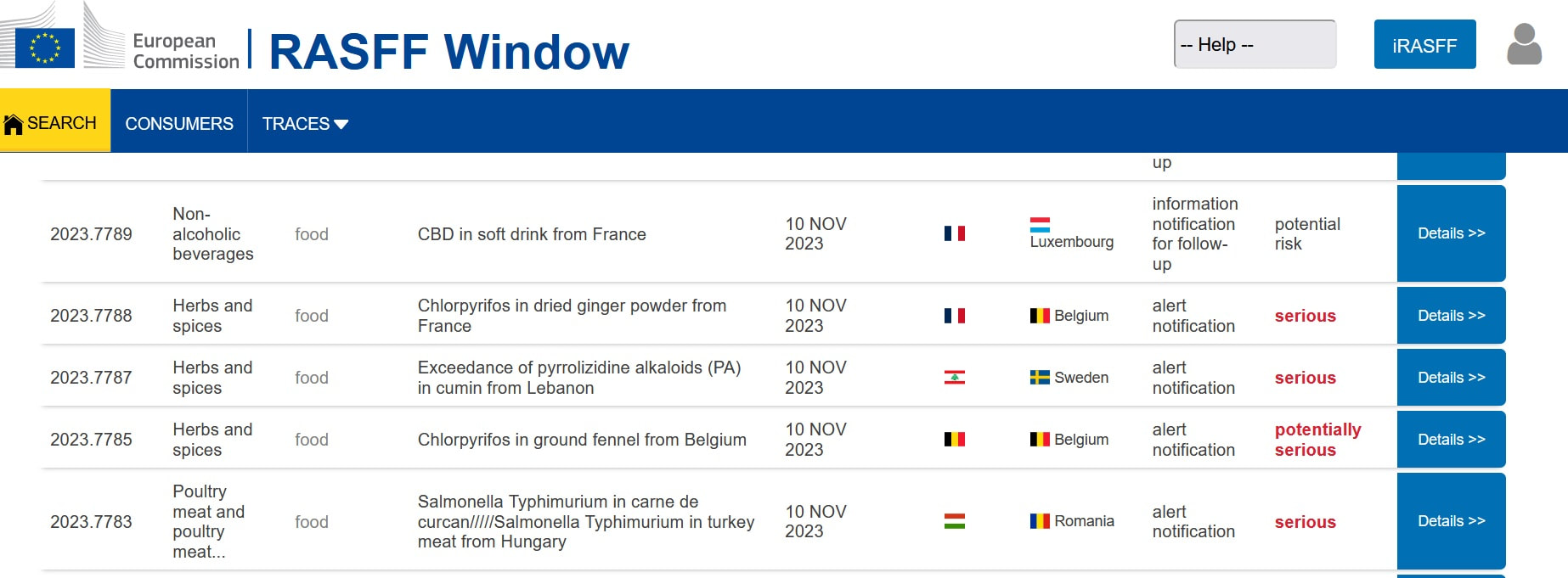
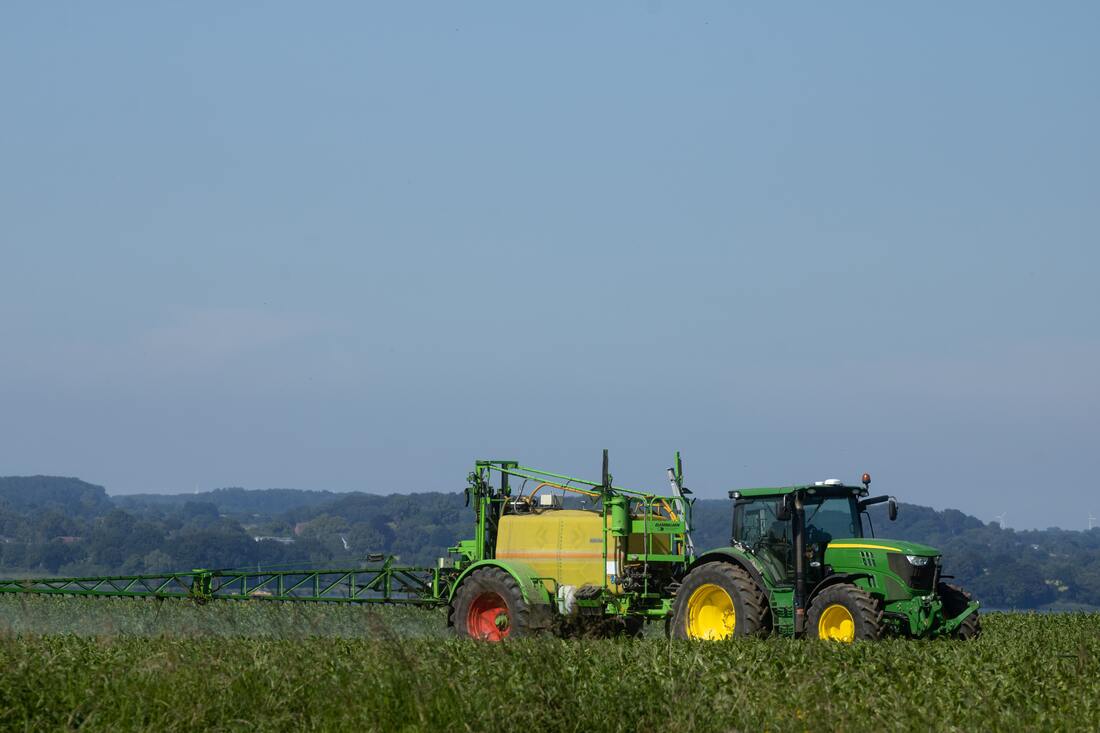

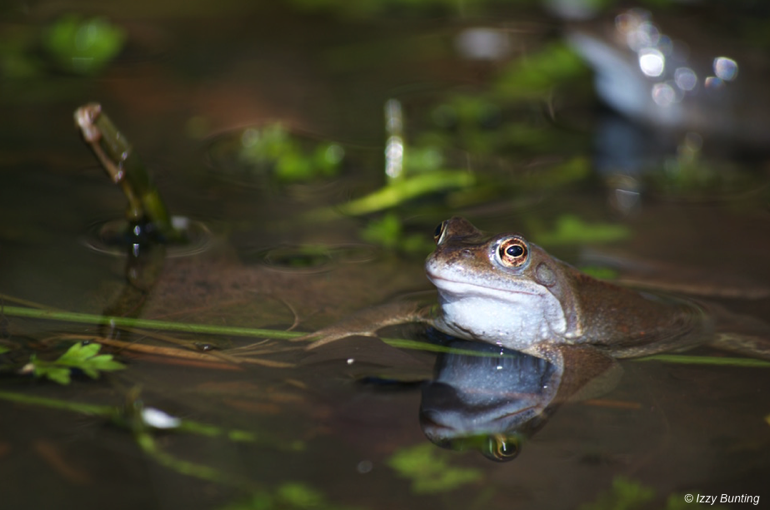
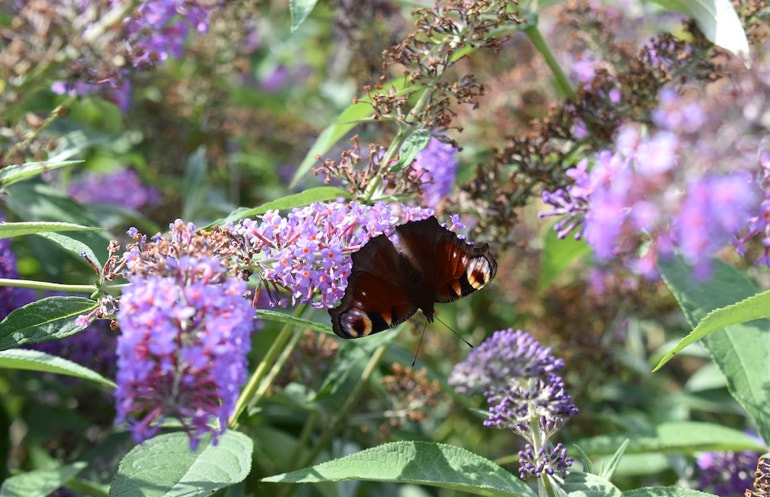
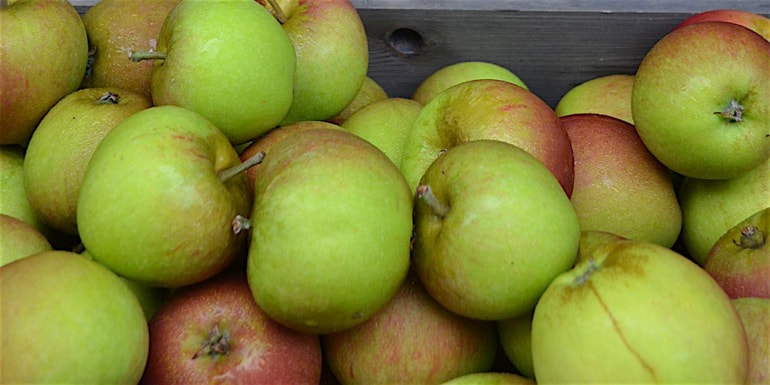
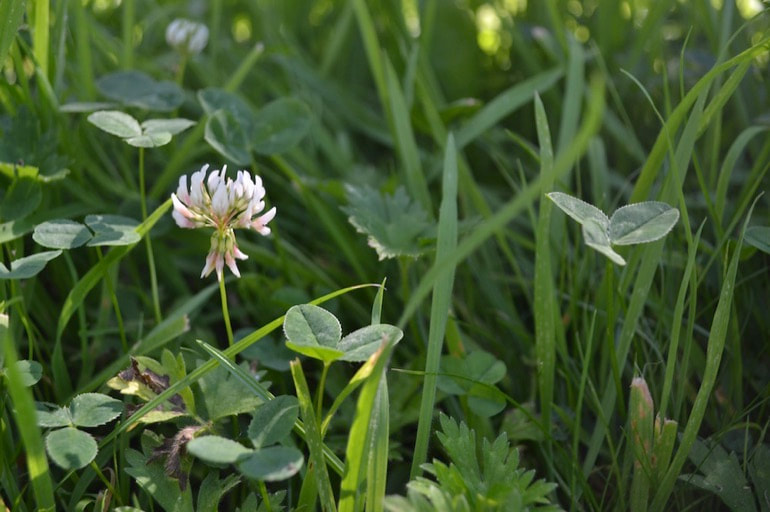
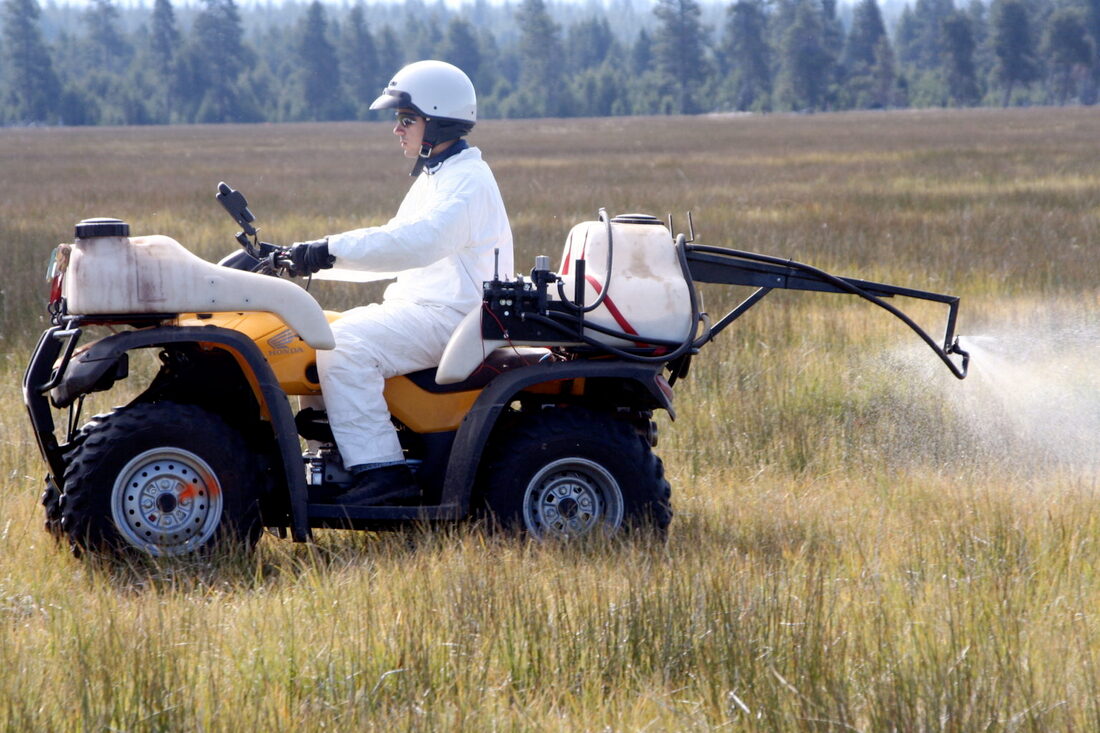
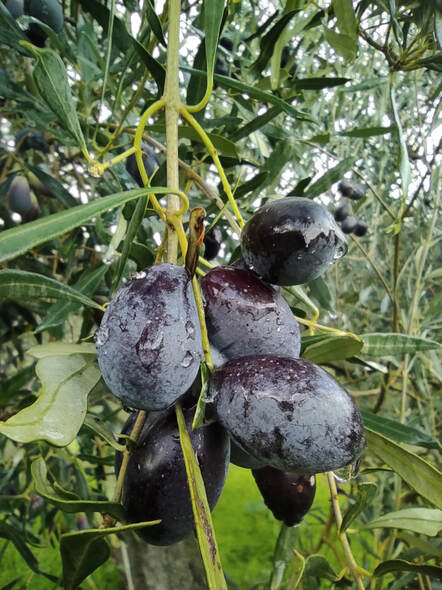
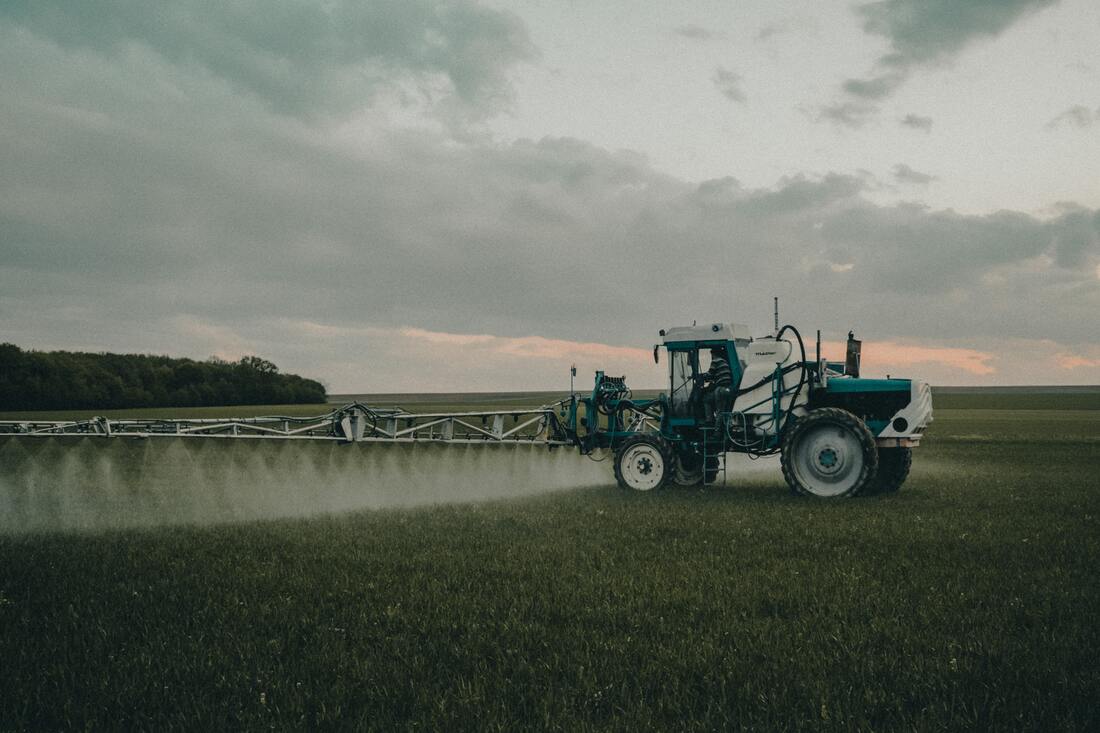
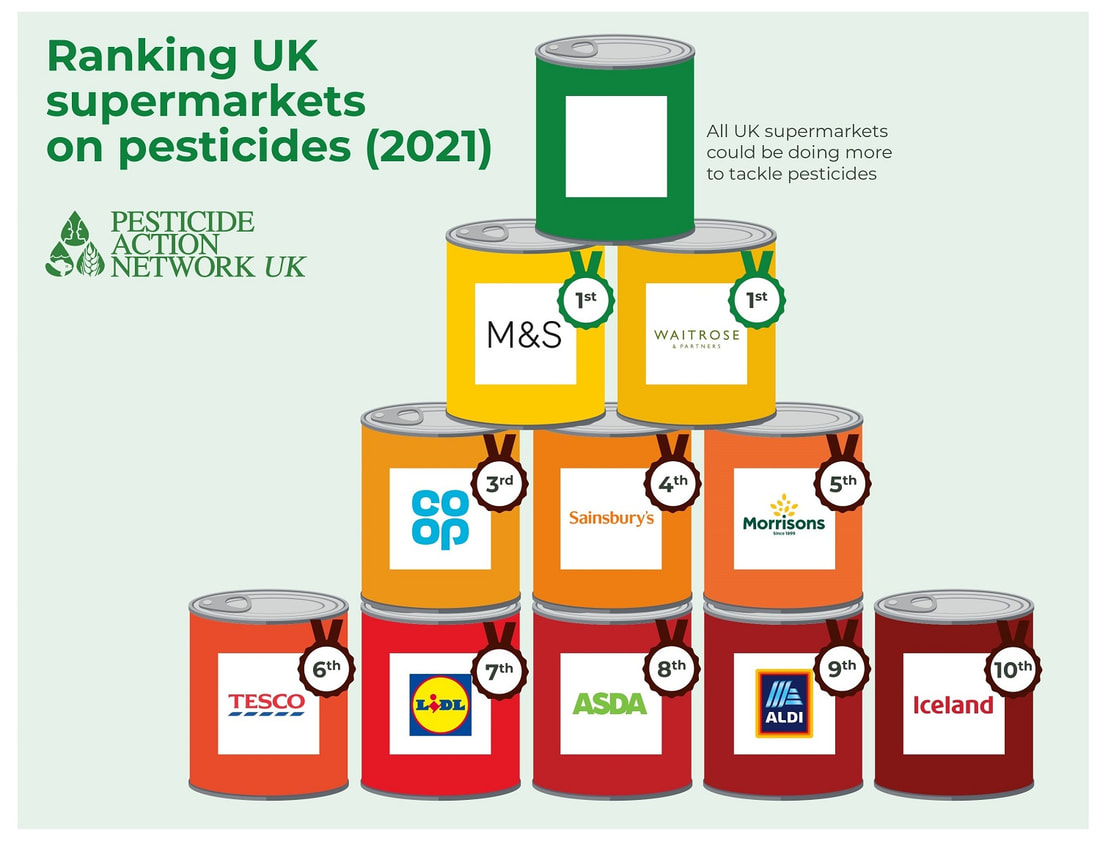
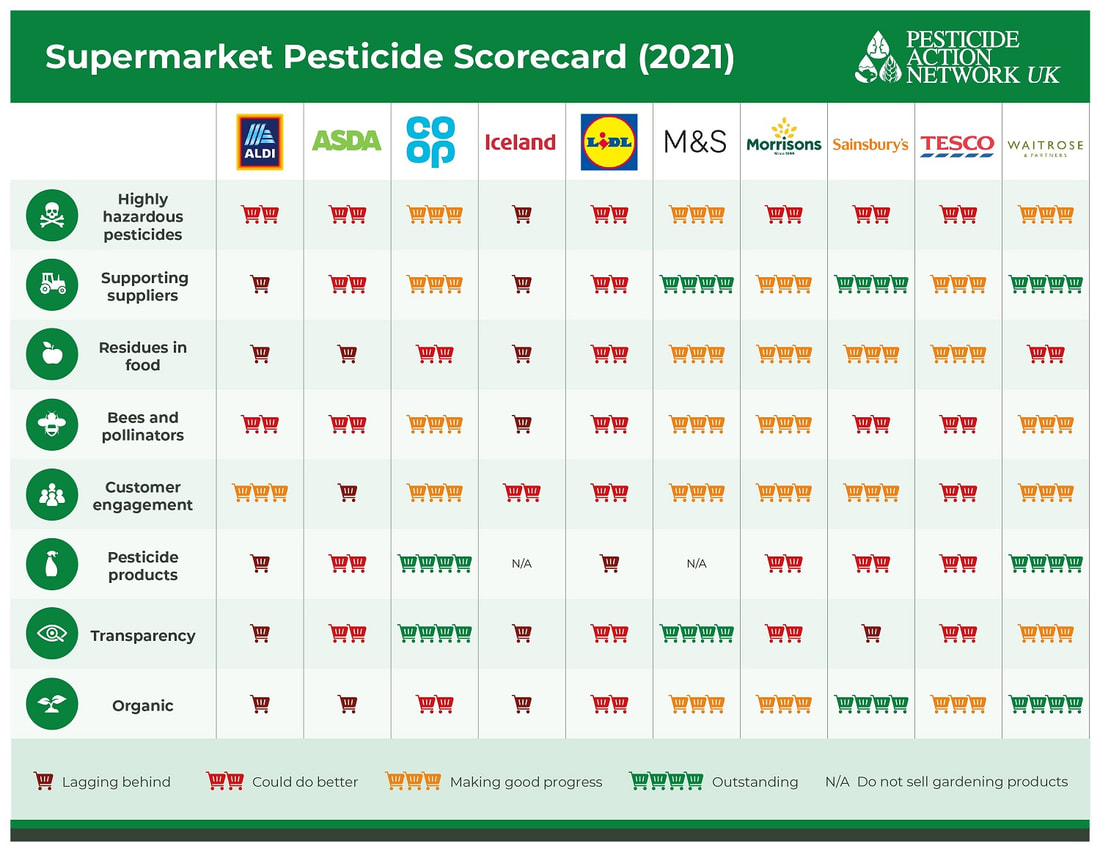
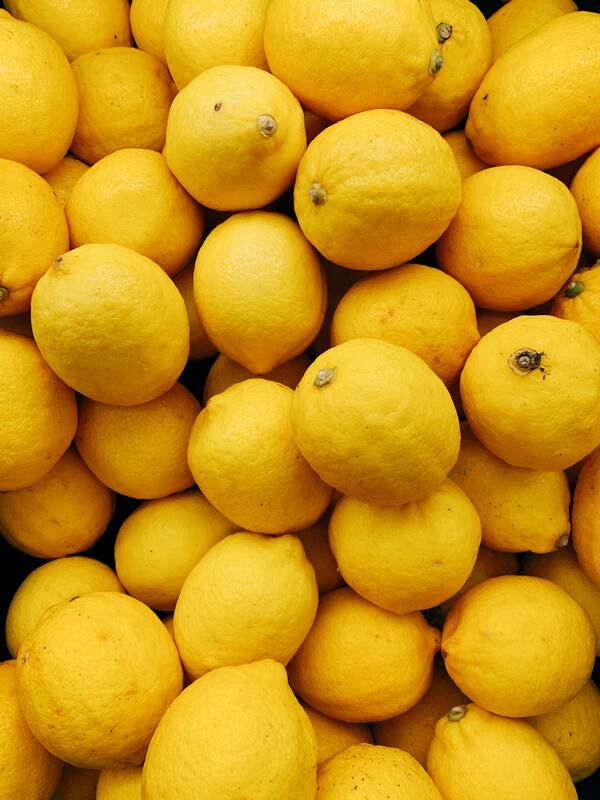
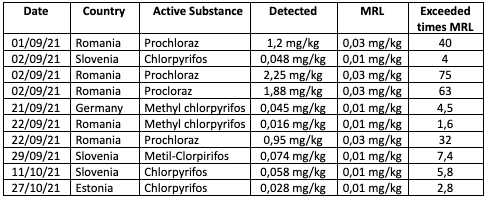
 RSS Feed
RSS Feed
